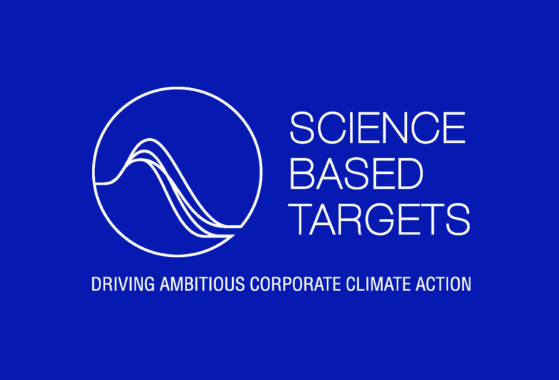Our approach to environmental protection
At GLS, we care about our effect on the world around us. Every parcel and its related logistics and transport processes have an impact on natural resources and cause carbon emissions. We want to continue our mission of connecting people around the world while reducing our impact on the environment. Therefore, climate and environmental protection are central components of our sustainability activities.
We launched our group-wide environmental strategy, Climate Protect, with the aim of maximising our impact on environmental protection and ensuring that knowledge and efforts are shared and executed across our entire international network.
[1] GLS B.V. is committed to reduce its absolute Scope 1, 2 and 3 greenhouse gas emissions by 90% by 2045, using 2021 as the base year. The residual emissions will be neutralized. This means the business counterbalances up to 10% of its CO2e emissions with investments in carbon removal projects outside its value chain, in line with the SBTi Net-Zero Standard . The Science Based Targets initiative commitment of GLS B.V. encompasses all affiliated companies of GLS B.V. operating under the GLS trademark.
Climate Protect measures
We pool our resources and expertise to implement measures to continuously reduce our carbon emissions, as have our local transport partners. This includes both emissions from our transport operations as well as emissions from our site operations, such as purchased electricity or heat for our buildings.
-
Electric vehicles
Increased use of electric vehicles
Over 30 electric vehicles are in operation across Quebec and British Columbia as of June 2024.
-
Charging Stations
Installation of charging stations
As of August 2024, over 50 charging stations are now operational at GLS depots, as well as a Turbo Charging Unit at our Montreal terminal.
-
Sites
Prioritizing sustainable building practices
GLS prioritizes sustainable building practices with environmental aspects factored into new buildings, replacement buildings and extension projects. The use of rainwater, photovoltaic technology, recyclable materials and heat pumps plays a vital role.
Among our efforts, we retrofitted 801 lights to meet LEED standards, we installed energy-efficient equipment including a new boiler at our Montreal terminal, we installed door seals in our terminals, and we maintained a LEED-certified head office.
-
Transport planning
Transport planning
GLS uses state-of-the-art, IT-assisted planning instruments to improve operating processes and transport routes.
Through optimized route planning with Bettermile[1] and Maven[2], journey lengths are systematically minimized.
[1] Bettermile [2] Maven













